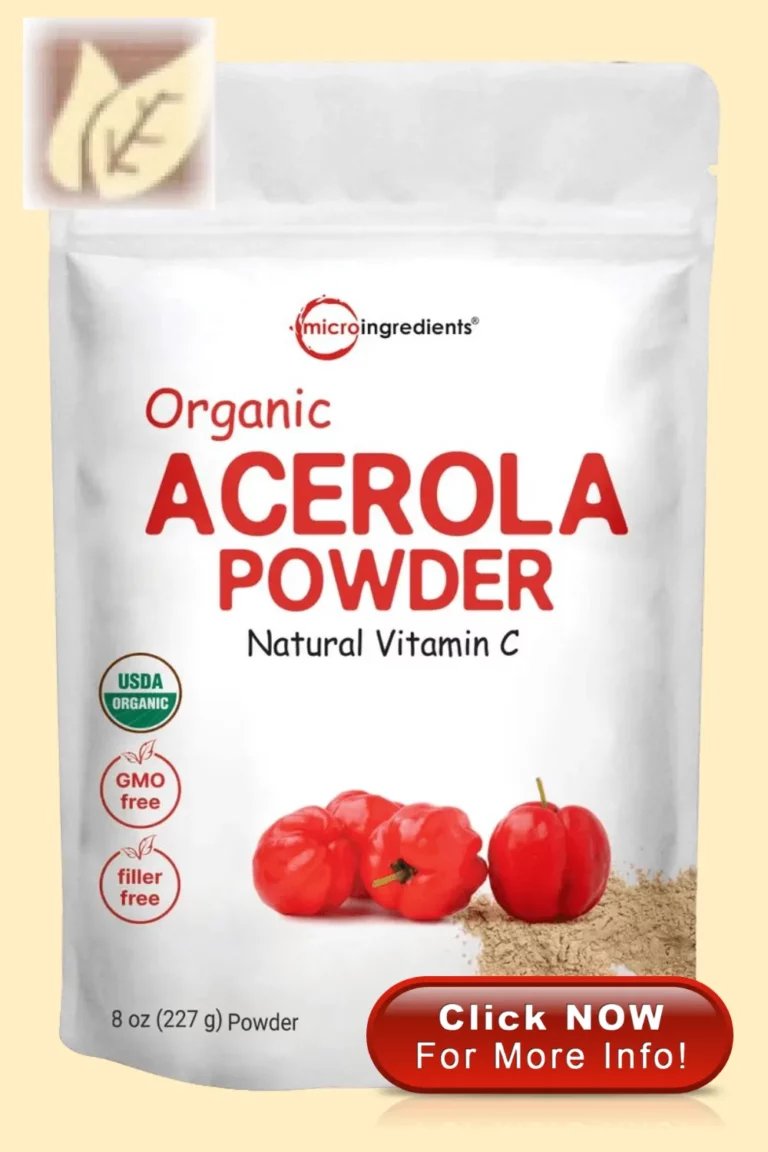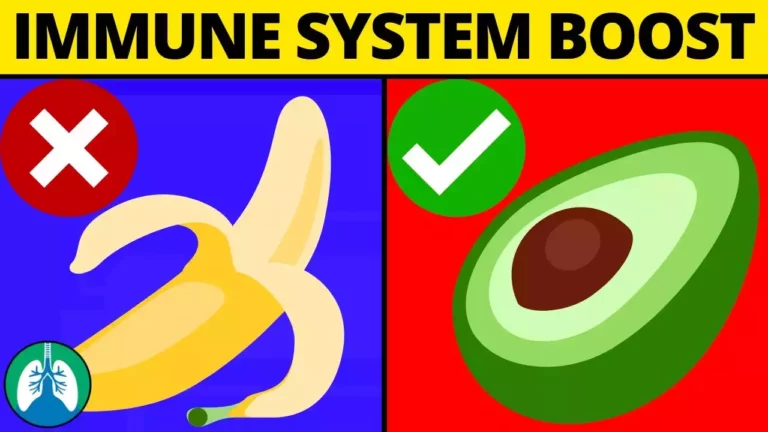Fitness Nutrition Certification
You have the available resources to get the needed Fitness Nutrition Certification.
Imagine having the knowledge and credentials to transform lives through food, not just on a physical level but emotionally and spiritually as well.
This isn’t about the latest fad diet or a temporary fix; it’s about a comprehensive approach to wellness that nourishes the entire being.
Welcome to the world of Holistic Nutrition, where understanding the intricate relationship between body, mind, and spirit is key.
If you’re passionate about making a profound difference in people’s lives by guiding them towards optimal health, then an Expert Rating Holistic Nutrition Certification Program could be your gateway to this fulfilling career.
In today’s fast-paced world brimming with quick solutions and instant results, holistic nutrition stands as a beacon of sustainable health practices.
It’s more than just eating right; it’s about adopting lifestyle changes that promote long-term well-being.
The Expert Rating Holistic Nutrition Certification Program offers an in-depth curriculum designed for those who aspire to become knowledgeable advocates of holistic health.
By diving into this certification program, you’ll not only master nutritional science but also learn how to apply these principles holistically for improved mental clarity and emotional balance in your clients’ lives.
Holistic nutrition is a growing field that focuses on the importance of whole foods and their impact on overall health and well-being.
With the increasing popularity of alternative and integrative medicine, many individuals are seeking out holistic nutritionists to help them improve their diet and lifestyle.
If you are looking to enter this rewarding career path or enhance your existing knowledge in holistic nutrition, the Expert Rating Holistic Nutrition Certification Program may be the perfect choice for you.
This comprehensive program is designed to provide students with a deep understanding of the principles of holistic nutrition, including the importance of organic, whole foods, and the impact of food on the mind and body.
With a focus on evidence-based practices and the latest research in the field, this certification program will equip you with the knowledge and skills needed to help clients achieve their health and wellness goals.
Whether you are a healthcare professional looking to expand your expertise or a wellness enthusiast seeking to turn your passion into a career, the Expert Rating Holistic Nutrition Certification Program offers a valuable and reputable credential that can help you stand out in this competitive industry.
Expertly designed program with credibility
The program is meticulously crafted by industry experts in the field of holistic nutrition, ensuring that all content is up-to-date, relevant, and backed by scientific research.
The credibility of the program is further strengthened by the rigorous evaluation process that all instructors and materials undergo before being approved for inclusion in the curriculum.
This attention to detail and commitment to excellence underscores the program’s reputation as a premier option for individuals looking to enhance their knowledge and skills in holistic nutrition.
Comprehensive holistic nutrition knowledge covered
Participants in the Expert Rating Holistic Nutrition Certification Program can expect to gain a deep understanding of various aspects of holistic nutrition, covering topics ranging from the fundamentals of macro and micronutrients to the importance of mindful eating practices.
The curriculum delves into the connection between nutrition and overall well-being, exploring how dietary choices impact not only physical health but also mental and emotional wellness.
By providing a comprehensive overview of these interconnected factors, the program equips students with the knowledge and tools necessary to cultivate a holistic approach to nutrition that supports overall health and vitality.
Learn from industry-leading experts
Throughout the Expert Rating Holistic Nutrition Certification Program, students have the invaluable opportunity to learn from industry-leading experts in the field of holistic nutrition.
These experts bring a wealth of knowledge and experience to the program, providing insights that go beyond textbooks and traditional learning materials.
By engaging with these professionals, participants can gain a deeper understanding of current trends, best practices, and emerging research in holistic nutrition.
Their expertise allows students to not only grasp theoretical concepts but also apply practical, real-world insights to their education and future practice in the field.
This direct interaction with industry leaders enhances the learning experience and enables students to develop a well-rounded and up-to-date perspective on holistic nutrition.
Practical skills and hands-on experience
By emphasizing practical skills and hands-on experience, the Expert Rating Holistic Nutrition Certification Program ensures that students are equipped with the essential tools to succeed in the field of holistic nutrition.
Through a combination of theoretical knowledge and practical application, participants have the opportunity to hone their skills in assessing clients, creating personalized nutrition plans, and implementing holistic approaches to health and wellness.
This hands-on experience not only enhances their understanding of the material but also allows them to develop critical thinking and problem-solving abilities that are essential in real-world practice.
By immersing themselves in practical scenarios and applying their knowledge in simulated and real-life situations, students can build confidence in their abilities and prepare themselves for the challenges they may face as holistic nutrition professionals.
Tailored training for real-world application
The tailored training provided in the Expert Rating Holistic Nutrition Certification Program ensures that students are well-prepared to apply their knowledge in real-world settings upon completion of the program.
The curriculum is designed to focus on practical skills that are directly applicable to the field of holistic nutrition, enabling participants to develop a deep understanding of how to address the diverse needs of clients effectively.
Through personalized coaching and mentorship, students are guided in applying theoretical concepts to real-life scenarios, allowing them to gain valuable experience in creating customized nutrition plans and implementing holistic approaches that promote overall health and well-being.
This tailored approach not only enhances the students’ confidence in their abilities but also equips them with the tools necessary to succeed in the dynamic and ever-evolving field of holistic nutrition.
Accredited program for professional growth
An accredited program for professional growth offers individuals the opportunity to enhance their skills and knowledge in a structured and recognized environment.
By enrolling in such a program, participants can be assured that they are receiving education and training that meets industry standards and has been vetted by reputable accrediting bodies.
This accreditation not only validates the quality of the program but also adds credibility to the certification or qualification obtained upon completion, which can be crucial in the competitive landscape of holistic nutrition.
Furthermore, accredited programs often provide access to resources, networks, and opportunities for career advancement, enabling professionals to continually grow and stay relevant in their field.
Gain a competitive edge professionally
Professionals seeking to gain a competitive edge in the field of holistic nutrition can significantly benefit from pursuing advanced certifications and specialized training.
By investing in continuous learning and skill development, individuals can differentiate themselves from their peers and establish themselves as experts in the industry.
This can lead to increased opportunities for career advancement, higher earnings potential, and greater recognition within the holistic nutrition community.
Furthermore, staying updated with the latest trends and research in holistic nutrition through specialized programs can give professionals a competitive advantage when it comes to providing cutting-edge solutions and personalized services to clients, ultimately setting them apart in a crowded market.
Elevate your career opportunities now
In order to truly elevate your career opportunities within the holistic nutrition field, it is crucial to stay ahead of the curve and continuously strive for personal and professional growth.
This can be achieved by actively seeking out opportunities for upskilling and expanding your knowledge base through reputable certification programs and specialized training courses.
By taking proactive steps to enhance your expertise and credentials, you not only demonstrate a commitment to excellence but also position yourself as a valuable asset within the industry.
Embracing a mindset of lifelong learning and self-improvement is key to unlocking new career pathways, attracting lucrative job offers, and gaining recognition as a top-tier holistic nutrition professional.
By seizing the moment and investing in your professional development now, you pave the way for a successful and rewarding career trajectory in holistic nutrition.
In conclusion, the Expert Rating Holistic Nutrition Certification Program stands out as a comprehensive and reputable option for individuals seeking to deepen their knowledge and expertise in the field of holistic nutrition.
With a well-structured curriculum, expert instruction, and a focus on practical application, this program equips students with the necessary skills to thrive in the rapidly evolving field of holistic health and nutrition.
The certification holds weight in the industry, indicating a high level of proficiency and dedication to the principles of holistic wellness.
For those looking to pursue a career in holistic nutrition or enhance their existing credentials, this program offers a valuable opportunity to expand their skill set and make a positive impact on the health and well-being of others.
FAQ
What are the prerequisites for enrolling in the Expert Rating Holistic Nutrition Certification Program?
The prerequisites for enrolling in the Expert Rating Holistic Nutrition Certification Program typically include a high school diploma or equivalent, a basic understanding of health and nutrition concepts, and a passion for holistic wellness.
Additional requirements may vary depending on the specific program, so it’s advisable to check the program’s official website for detailed information.
How long does it typically take to complete the certification program?
The duration of completion for a certification program can vary widely depending on the specific program and the individual’s pace.
Some programs can be completed in a few weeks, while others may take several months to finish.
It is recommended to check the program guidelines and requirements for a more accurate estimate of the time needed to complete the certification.
What topics are covered in the curriculum of the Expert Rating Holistic Nutrition Certification Program?
The Expert Rating Holistic Nutrition Certification Program covers topics such as the fundamentals of nutrition, dietary theories, nutritional biochemistry, food allergies and intolerances, holistic approaches to health and wellness, detoxification, weight management, and personalized nutrition planning for clients.
What is the accreditation status of the certification program?
The certification program is accredited by [insert name of accrediting body].
Are there any ongoing professional development requirements or opportunities for those who have completed the certification program?
Yes, individuals who have completed a certification program may have ongoing professional development requirements to maintain their certification.
This could include taking continuing education courses, attending workshops, conferences, or seminars, or engaging in other relevant learning activities.
These opportunities are designed to ensure that certified professionals stay updated on the latest trends, research, and best practices in their field, allowing them to maintain their expertise and credibility.
Failure to meet these requirements may result in the loss of certification status.








